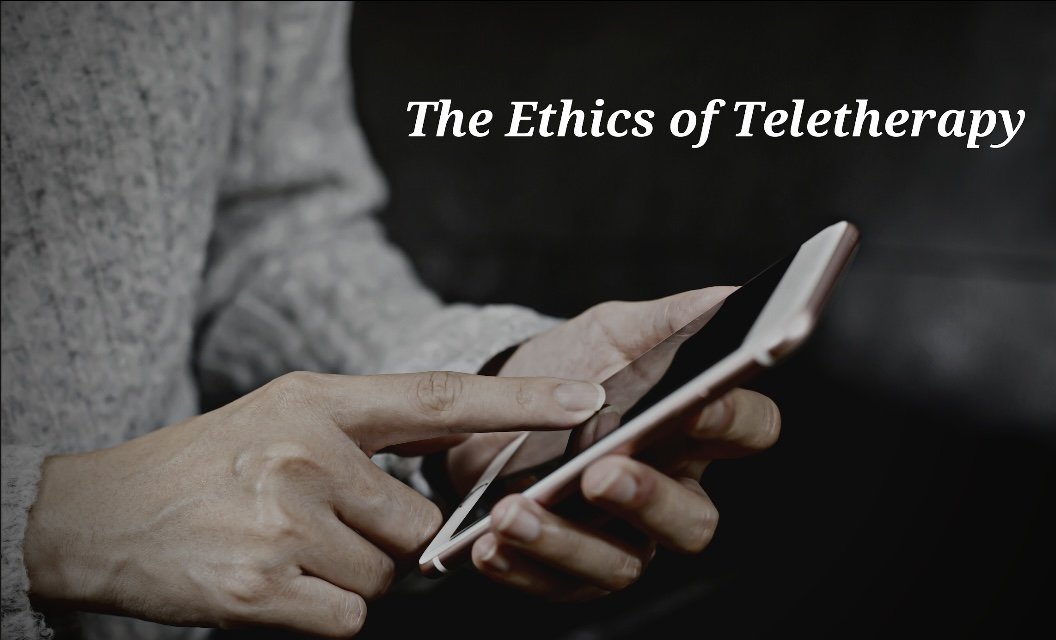Teletherapy: The Ethical and Legal Dilemmas
This article is a part of the Mental Health Series under SDG -3 of the United Nations. Target 3.4 is “Achieve universal health coverage, including financial risk protection, access to quality essential health-care services and access to safe, effective, quality and affordable essential medicines and vaccines for all.” Though mental health has become a less taboo subject in recent years, it still receives significant stigma and a lack of prioritisation by many healthcare systems globally. This article discusses how teletherapy may be a tool in bridging the gap between the growing need for mental health services and the lack of clinic availability
Growing demand for therapy
As a result of less stigma surrounding mental health and numerous events such as the pandemic and ongoing conflicts globally, it is hardly a wonder that people in need of mental health treatment have seen a dramatic rise. The World Health Organisation reported that after the pandemic alone, there was an approximately 25% increase in people experiencing anxiety and depression. Yet there are simply not enough mental health providers to cater to these needs and many are still afraid to openly seek help.
Rise of teletherapy
This has led to an interesting yet unsurprising trend; online mental health services. These services can come in the form of online calls with ‘therapists’ or may use a chat bot which sends out automated responses to users. Many of these services use strong marketing campaigns in which they purport to employ licensed therapists and offer less expensive alternatives to the ones offered in real life by licensed mental health providers.
The rise of teletherapy raises many important questions about how such services can be regulated, especially when they are dealing with users in such a vulnerable position. Should they and can they be held to the same standards as regular mental health services? Are they a valuable tool to address the massive gap between patients and therapists? And how safe are these apps for patients in practise?
Examining any one of these questions brings to the surface numerous ethical concerns which indicate teletherapy should arguably be approached with some caution.
Online service platform or healthcare provider?
One issue with teletherapy platforms is whether they count as medical clinics. Considering how the services keep client records and facilitate matching patients with therapists or chatbots, it becomes unclear whether they count as regular mental health clinics. If we consider them clinics then there are far more rigorous guidelines that they must comply with like other such facilities.
For example, some of these services have been accused of allegedly selling user’s data regarding their mental health to third parties, which is in direct violation of patient confidentiality in regular clinical settings. There is also the issue of ensuring that therapists employed for these services are actually licensed, which can be difficult to regulate.
AI ‘therapists’
AI technology in this field has also seen a rise over recent years, with many benefits such as making therapy more affordable and providing mental health services on a much wider scale. These bots are often programmed to give encouraging messages in response to keywords given by patients in the chat and these messages are crafted by licensed professionals.
But AI therapy gets complicated when considering the vast variety of human emotion. Its efficacy is unfortunately very limited and sometimes these bots are at risk of doing more harm than good. In regular therapy sessions, mental health professionals are allowed to break patient confidentiality where either the patient or those around them are at serious risk of harm. With AI, however, ensuring that this discretion is taken properly is almost impossible.
What can we expect in the future?
From considering just a few of these issues, it is easy to assume that teletherapy is at best unhelpful and at worst unethical and dangerous. But there is no denying its appeal and the importance of the issue it seeks to address. Mental health is an area that undoubtedly faces a deficit in resources for those who need it. Like all such online services, teletherapy is simply trying to meet a pressing demand in the market.
If other more orthodox forms of therapy cannot feasibly be provided to more people then it may be time for us to consider perfecting these online services and addressing the issues they present in order to make mental health treatment more accessible to all.
By Nargis Babar


